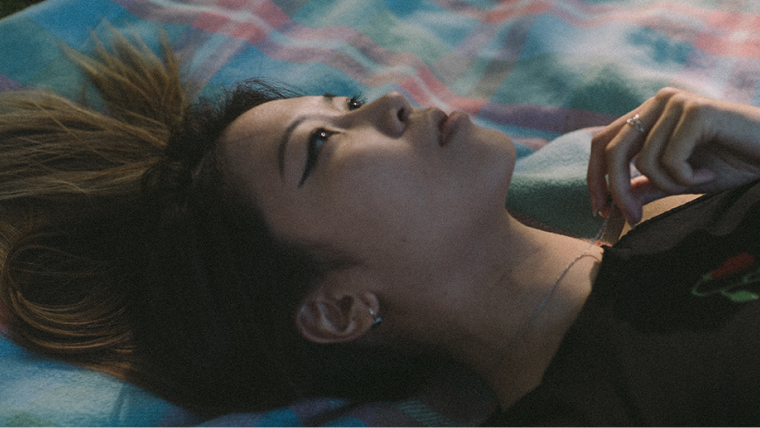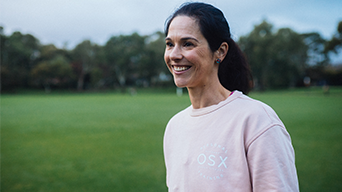What is anxiety?
Anxiety is more than just feeling stressed or worried. Stress and anxious feelings are a common response when we feel under pressure. These feelings usually pass once the stressful situation has passed.
Anxiety is when anxious feelings don’t go away and may not have a clear cause. If you’re living with anxiety, the anxious feelings may not be easily managed. Anxiety is a serious condition that makes it hard for a person to cope with daily life.
3 million Australians are living with anxiety. Anxiety is the most common mental health condition in Australia. 1 in 4 people will experience anxiety at some stage in their life.
Anxiety signs and symptoms
Anxiety symptoms can develop over time. Because we all experience anxious feelings, it can be hard to know when to seek support.
Signs and symptoms of anxiety can include:
- feeling very worried or anxious most of the time
- finding it difficult to calm down
- unable to control your anxious thoughts or worries
- feeling tired easily
- difficulty concentrating or mind going blank
- muscle tension
- sleep disturbances.
Types of anxiety
There are several types of anxiety disorders. Each type has different symptoms and is treated differently.
Common types of anxiety include social anxiety disorder and generalised anxiety disorder (GAD).
Do I have anxiety?
Anxiety treatments and support
There are many evidence-based treatments for anxiety, including therapy and medication. Taking the first step in the journey to recovery can be hard.
We’ve got resources to help you if you’re having anxious feelings, have been diagnosed with anxiety or are supporting someone with anxiety.
Treatments for anxiety
Proven anxiety treatments include medication and therapy. Finding the right treatment and support can help you learn how to manage your anxiety.
Learn about treatments for anxiety
Finding mental health support
Your GP can be a good place to start the conversation about your mental health.
We can also help you find other support that’s right for you. This could include talking to our counsellors or helping you find a mental health professional near you.
10 anxiety management strategies to try
There’s a range of strategies you can try by yourself to manage anxiety.
These include relaxation techniques, spending time with family and friends, eating well and staying active.







